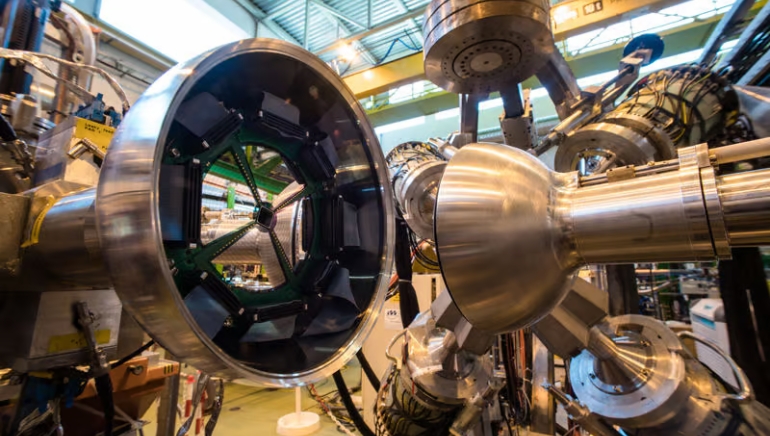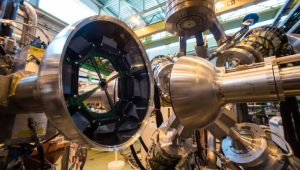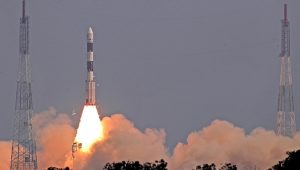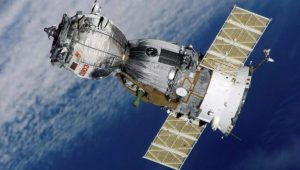Scientists at CERN have developed a unique container capable of transporting antimatter outside of the laboratory setting. This is the first time antimatter has been transported by road, which might significantly accelerate research into one of the universe’s most mysterious substances.
The feat was documented in a Nature article titled Proton transfer from CERN’s antimatter factory. A two-meter-long containment unit was manufactured and transported by vehicle across a four-kilometre path at CERN’s Meyrin site before being returned to its original location.
Antimatter cannot come into contact with conventional matter, including the smallest dust particles, because it annihilates them quickly. To overcome this, researchers used strong magnetic traps and kept the device running with superconducting magnets powered by batteries and cooled with liquid helium.
The demonstration proves that antimatter may be safely transported by vehicle to remote laboratories. The Heinrich Heine University in Düsseldorf, Germany, which is 800 kilometres away, is likely to be among the first to receive antimatter from CERN.
Antimatter is the mirror image of ordinary matter, containing opposing electric charges. In 1999, NASA scientists predicted that it would cost $62.5 trillion to produce.















